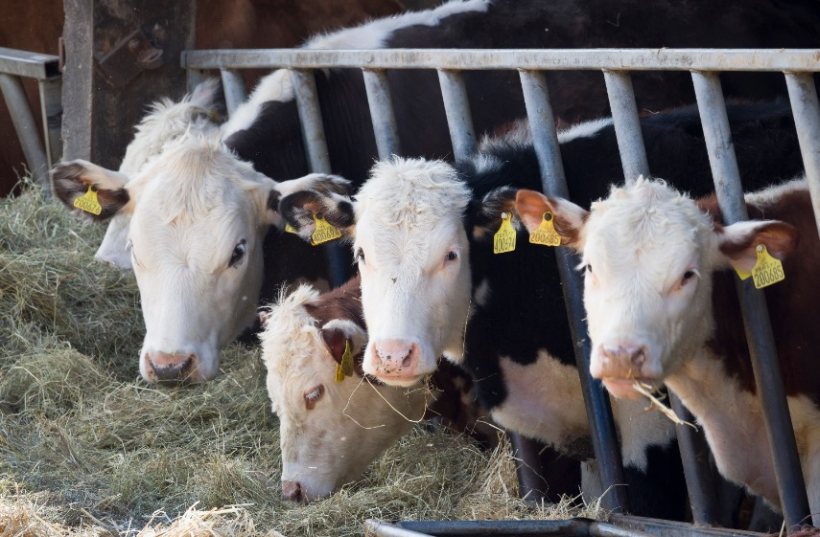
The UK has recorded the lowest ever sales of livestock veterinary antibiotics, reducing by more than half since 2014, according to a government report.
The Veterinary Medicines Directorate's (VMD) figures, released on Tuesday (8 November), shows that the UK now has one of the lowest levels of antibiotic use in Europe.
Antibiotics sales for use in food-producing animals have fallen by 55 percent since 2014, the government agency's report explains.
'Last-resort’ antibiotics essential for human health, known as highest priority critically important antibiotics or HP-CIAs, make up only 0.4% of total sales.
Sales of these have declined for a seventh consecutive year, with a 83 percent reduction since 2014.
Antibiotic resistance - known as antimicrobial resistance or AMR - arises when microorganisms that cause infection change no longer respond to medicines which normally kill them or stop their growth, making infections harder to treat.
The World Health Organization (WHO) recognises AMR as one of the greatest threats to human and animal health in the world today.
The likelihood of resistance occurring increases when antibiotics are overused, so using them responsibly is crucial in ensuring the medicines continue to work in both humans and animals.
The VMD's report says the UK remains one of the lowest users of antimicrobials in livestock in Europe and has achieved one of the biggest reductions in resistance.
Abigail Seager, chief executive of the VMD, said the UK’s collaborative and voluntary approach to reducing antimicrobial usage in farming was 'one we are very proud of.'
"The overall decreasing trends in antimicrobial usage and resistance levels in livestock, shows the UK has continued in its mission to build on the antibiotic stewardship principles we have implemented in the past seven years.
“Our evolving surveillance programmes are essential to alert us to any emerging risks or unexpected changes."
Christine Middlemiss, the UK’s Chief Veterinary Officer, said 'good farming practices' played a part in reducing the use of antibiotics.
“Antimicrobials are the cornerstone to treating infection in humans and animals and using them responsibly is essential in safeguarding their effectiveness," she added.
"The UK as a whole is making sustained progress in reducing the unnecessary use of antibiotics through effective disease control measures, good farming practices and robust AMR surveillance.
"Tackling antimicrobial resistance requires a One Health approach and this record reduction shows how alongside vets, farmers and industry, we are demonstrating this year after year.”
The Responsible Use of Medicines in Agriculture Alliance's (RUMA) Targets Task Force presents a consolidated view of the targets and indicators of progress across the livestock industry.
Two years into the RUMA 2021-2024 targets and many sectors are reporting positive progress, with all sectors continuing to strive to keep antibiotics effective and only using them when necessary.
RUMA Chair Cat McLaughlin said of the new VMD report: “I continue to be impressed by the commitment of farmers, vets and everyone in the food supply chain, and am full of praise for the work of UK agriculture in its efforts to tackle AMR.”
